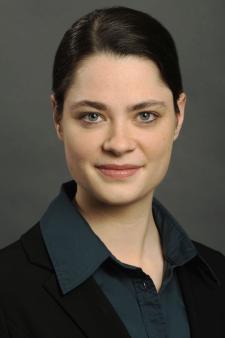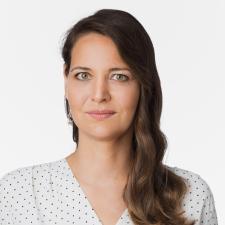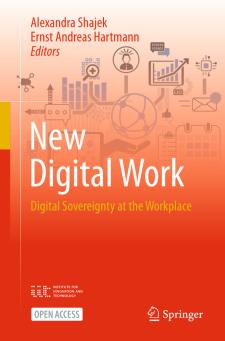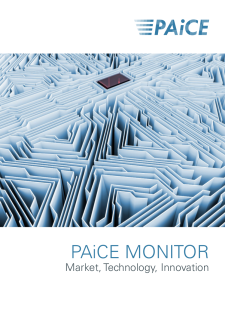
Education and sciences are cultural points of crystallisation in modern civil societies. Together they provide a framework for discussing the state and development of society, technology and the economy, and contribute to empowering individual members of society to take part in this discourse. At the same time, education and science form the foundations for social and economic innovation. While science generates knowledge and inventions that can lead to product- or process-related innovations, educational institutions play a vital role in the development of knowledge, skills and competencies, all of which are forms of human capital essential to the innovative capacity of organisations and societies. Against this backdrop, innovative solutions in the fields of education and science are particularly important.
The Education, Science and Humanities Department
- examines, through studies and concomitant research projects, developments, trends and potential arrangements in education and science,
- contributes as lead project partner to promoting innovation in education and science,
- conducts evaluation projects to analyse the effects of innovation programmes and projects in the fields of education and science.
- Education and Work
-
Head of Section: Dr Alexandra Shajek
The “Education and Work” section handles funding programmes and studies related to the world of work, the labour market and work-related education. The focus in the area of the world of work is on questions of work system design and the digitalisation of work (especially digital sovereignty). In the area of the labour market, the analysis of trends with regard to new qualification requirements is particularly significant. In addition to initial and continuing vocational education and training, the main topics include continuing academic education.
- Science and Humanities
-
Head of Section: Dr Nicolas Winterhager
The “Science and Humanities” section deals with overarching and structural issues of science and higher education in funding programmes and studies. The section's main topics are scientific career paths and young scientists, as well as data and indicators in higher education and science (higher education statistics, research data management, bibliometrics).
- Digital Educational Infrastructure and Educational Ecosystems
-
Head of Section: Dr Katia Tödt
The “Digital Educational Infrastructure and Educational Ecosystems” section is concerned with the technical and systemic design of digital educational infrastructures and the interaction of the actors in a digital or hybrid education landscape. Funding programmes and analyses focus on the entire education chain as well as interfaces and transitions between the education sectors. The section's main topics include innovative learning and networking platforms, digital and hybrid learning, collaboration and examination formats, open educational media, digital certificates, metadata spaces, EdTech innovations and future competences for learners and teachers.
- Digital Higher Education and Science
-
Head of Section: Andrea Repen
The “Digital Higher Education and Science” section deals with digitisation processes in higher education teaching and administration as well as the digital transformation in science in funding programmes and studies. This includes, in particular, the use of artificial intelligence (AI) methods in science and higher education, open science, digital research infrastructures and data, and data skills in science.
- New Knowledge Networks
-
Head of Section: Dr Andrea Kölbel
The “New Knowledge Networks” section accompanies central transformations and learning processes in the course of the digitalisation and internationalisation of education and science. We provide strategic advice on fundamental questions of education and research policy. To this end, we develop action-oriented and evidence-based answers for the design of increasingly networked processes for future-oriented, globally compatible education and research. In addition to formulating strategies and providing technical and conceptual support for funding measures, our tasks and competencies include networking activities at national and international level as well as the implementation of digitally supported, co-creative innovation processes at the interfaces of education, science and politics. With a focus on digitalisation and internationalisation, our topics as transformation and methodological experts include data innovation in education and science, future competences (such as scientific literacy, data and digital competences) and lifelong learning (microcredentials/microdegrees).






